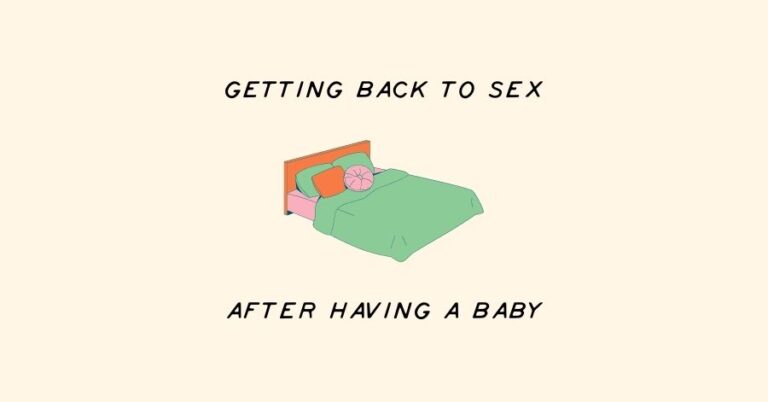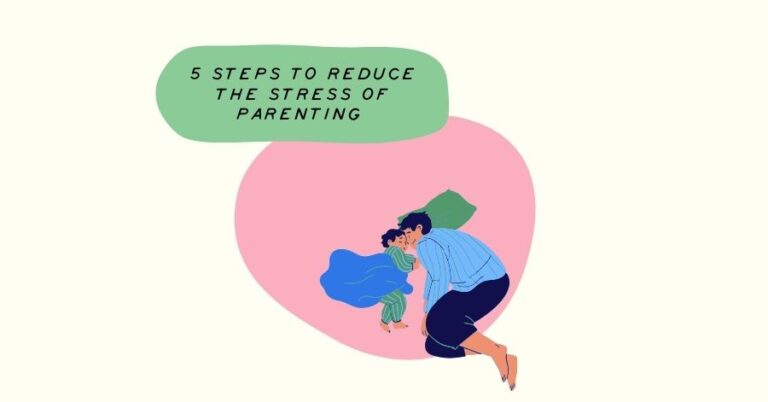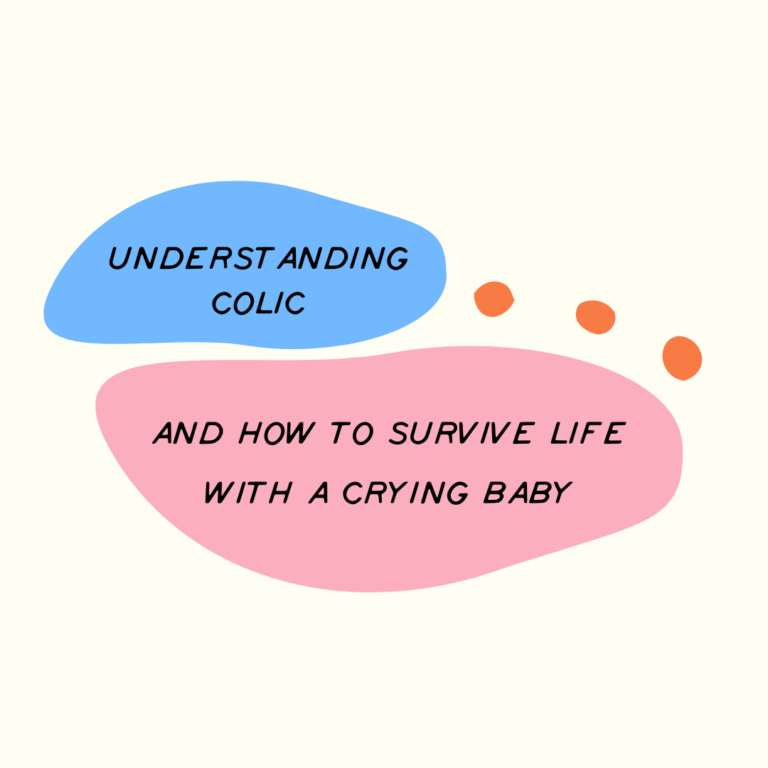A Speech Pathologist shares her perspective on the advantages and disadvantages of using a dummy in babies.
However, limits in the usage and length of time used should be kept in mind.

Children should begin to be weaned from the dummy just before their first birthday. Parents should ensure that their children not overuse or have over-dependence on the dummy. It should satisfy the intense need to suck, not to replace or delay nurturing.
No studies show benefits of prolonged use of a dummy. Parents should help their children develop the ability to fall asleep on their own without dummies as they grow.
Studies have linked dummy use with a higher risk for ear infections. One study showed that children who did not use dummies had 33% fewer middle-ear infections. More than two ear infections within a year before the age of 2 can have significant effects on adequate speech development and perception of auditory information.
Continuous sucking on a dummy causes the auditory tubes to become abnormally open, which allows secretions from the throat to seep into the middle ear. This transmission of bacteria in the secretions may lead to middle ear infections.

The overuse of a dummy can interfere with speech development. It frequently causes the tongue to push forward between the teeth and can cause the upper teeth to tip forward toward the lip, or the formation of a high narrow palate.
Dummies can interfere with development of tongue-tip movement needed for some sound productions. Overuse may negatively affect the speech skills of children if used for an extended period.
If the child’s mouth is always occupied with a dummy, there can be a delay in appropriate verbalisations (babbling and imitation of sounds) and expressive language development. Talking with a dummy in the mouth may affect normal speech sound motor movement. Children can choose to keep the dummy in and point to have their needs and wants met instead of making the attempts to use sounds and words, leading to delayed communicative development.
Worried about your child’s dummy use and how it might affect their speech? Click here to connect with one of our Perth Speech Pathologists.

If dummies are used after age 2, there is an increased risk of developing protruding front teeth and improper bite, which also affects speech production. Prolonged use can affect the alignment of the teeth and changes in the shape of the roof of the mouth.
Using a dummy can really help settle a baby. However, parents should consider when, where, and why it is being used. Allowing dummy use as a habitual part of the child’s day will likely increase dependence and negatively affect important things like speech development, regulation and dentition, and may lead to an increase in ear infections.
Click here to access personalised settling techniques by our very own Sleep Specialist.
The more a child becomes dependent on the dummy, the harder the struggle will be to wean the child. Keep in mind that what you are doing now will determine how easy or difficult it will be for you and your child when it comes time for weaning from it in the future.

Do you need help
Find out all our Baby Steps GPs have to offer. They are specially trained to care for babies and children, in all matters from eczema and food allergies to child development.
Adapted from Marla Zerbib, M.A., CCC/SLP
Written by Nicole Torre, Perth Speech Pathology

Practical and gentle advice on getting back to sex, from GP Obstetrician Dr Leon Levitt. He discusses everything from communication in relationships to contraception.

Stress in parenting has reached epidemic proportions. How can we take the natural stress and worry of parenting, and stop it from becoming excessive? By following these 5 simple steps from Dr Leon Levitt.

What does it mean when my baby cries? How do I know if they have colic or reflux? Dr Levitt provides all the answers when it comes to unsettled and crying babies.
We acknowledge the traditional custodians of the land on which Baby Steps stands and we pay our respects to Elders past, present and emerging. The land on which we live and work always was, and always will be Aboriginal land.
© 2024 Babysteps Health Centre | Terms of Service | Privacy Policy | Shipping & Returns
The Clinical Guidance Committee advise Baby Steps on all clinical matters effecting the health practitioners within our centre. It’s members gather together to discuss and develop guidelines relating to:
Meetings are held several times a year, or at the request of Baby Steps for specific clinical advice. It is lead by a chairperson and educational coordinator, elected by the group of participating health practitioners.
Baby Steps supports the independent businesses of:
If you’re looking for support, contact our Practice Manager Michelle Bredemeyer
pm@babystepshealth.com.au
08 9387 2844